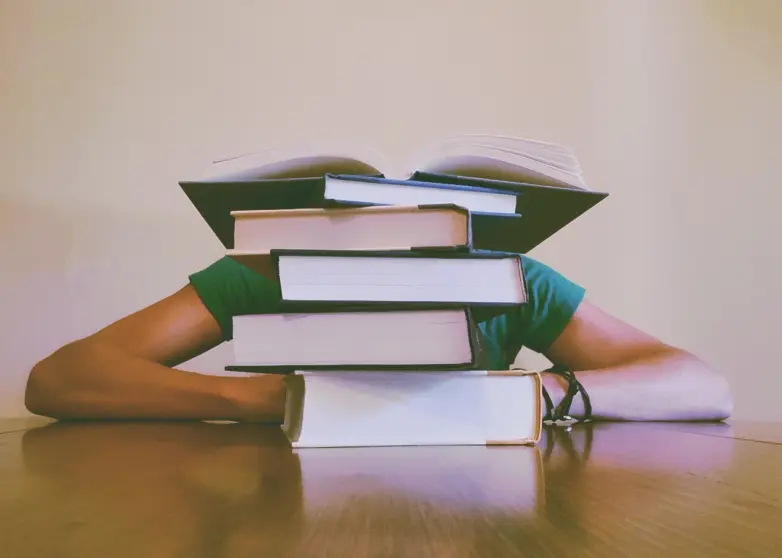
The Impact of Social Media on Education. Social media has had a significant impact on education in recent years. It has both positive and negative effects.
Positive Effects of Social Media on Education:
- Access to information: Social media platforms like YouTube, Twitter, and Reddit provide students with access to a vast amount of educational information. This information can be used to supplement classroom learning or to learn new topics on their own.
- Collaboration: Social media can be used to connect students with each other and with experts in their field. This can help students to collaborate on projects, get help with their studies, and learn from others.
- Creativity: Social media can be used to express creativity and to share ideas with others. This can help students to develop their own unique voice and to learn from the work of others.
- Motivation: Social media can be used to motivate students to learn and to achieve their goals. This can be done by following inspiring people, joining online communities, and sharing their own successes.
- Global exposure: Social media can help students to connect with people from all over the world. This can help them to learn about different cultures and perspectives, and to develop a global outlook.
Negative Effects of Social Media on Education.
- Distraction: Social media can be a major distraction for students. If they are not careful, they can spend hours scrolling through their feeds instead of studying.
- Addiction: Social media can be addictive, especially for young people. This can lead to problems with concentration, sleep, and mental health.
- Cyberbullying: Social media can be used to bully and harass others. This can have a devastating impact on the victim’s self-esteem and academic performance.
- Fake news: Social media is a breeding ground for fake news. This can lead students to believe false information, which can impact their understanding of the world.
- Lack of privacy: Social media platforms collect a lot of data about their users. This data can be used to track students’ online activity and to target them with advertising.
Overall, the impact of social media on education is mixed. It can be a powerful tool for learning and collaboration, but it also has the potential to be a major distraction and source of problems. It is important for students to use social media wisely and to be aware of its potential risks.
WAYS ON HOW STUDENTS MAKES USE OF MEDIA FOR EDUCATIONAL PURPOSES.
Here are some tips for students on how to use social media for educational purposes:
- Set limits on your time spent on social media. Don’t let it become a distraction from your studies.
- Follow educational accounts and groups. This will help you to stay up-to-date on the latest news and information in your field.
- Connect with other students and experts. This can be a great way to get help with your studies and to learn from others.
- Use social media to share your own work. This can help you to get feedback from others and to build your portfolio.
- Be aware of the risks of social media. Don’t share personal information or photos that you wouldn’t want others to see.
- Use social media in moderation. It’s a great tool, but it’s important to use it wisely.
Social media can be used to create personalized learning experiences. Platforms like Khan Academy and Coursera offer personalized learning paths that allow students to learn at their own pace and focus on the topics that they need the most help with.
Social media can be used to promote student engagement. Gamification techniques, such as badges and rewards, can be used to make learning more fun and engaging for students.
Social media can be used to support student self-regulation. Students can use social media to track their progress, set goals, and get feedback from their peers.
Social media can be used to build a sense of community among students. Students can use social media to connect with each other, share resources, and support each other through difficult times.
Social media can be used to prepare students for the workforce. Many employers now use social media to screen job applicants and to assess their skills and personality. Students who are active on social media and who use it in a professional way will be at an advantage in the job market.
It is important to note that the impact of social media on education is still being researched. There is still much that we don’t know about how social media can be used effectively in the classroom. However, the potential benefits of social media for education are clear. With careful planning and implementation, social media can be a powerful tool for helping students learn and succeed.






